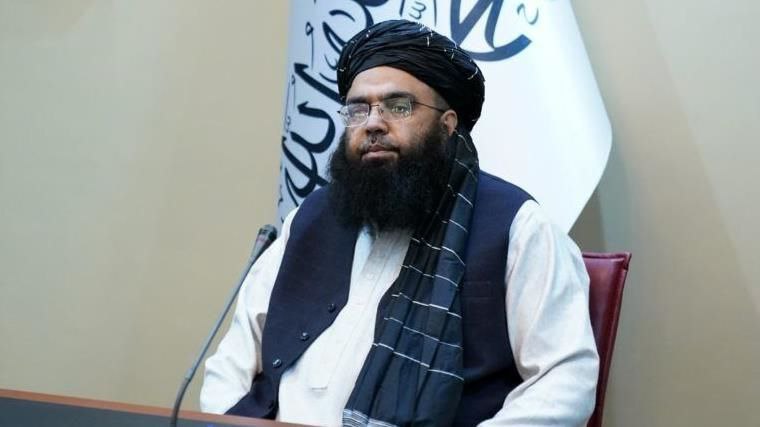Abdul Kabir, the Taliban’s Deputy Chief Minister for Political Affairs, emphasized the significance of the upcoming Doha meeting, stating its main aim is to facilitate “world’s engagement with the Taliban.”
The meeting, involving special envoys on Afghanistan, is scheduled for Feb. 18-19.
During a gathering in Nangarhar, Kabir suggested the international community is exploring “ways of engagement” with the Taliban. He asserted that a secure Afghanistan, harmless to neighbors and the world, is achievable only under the Taliban’s government.
Despite ongoing UN reports and regional concerns about terrorist groups like al-Qaeda and Daesh in Afghanistan, Kabir reiterated the Taliban’s commitment to prevent using Afghan soil against other nations.
“The Afghans have never historically caused problems for anyone. Foreigners have assaulted our territory,” he claimed.
Kabir warned that Afghanistan would strongly respond to any international challenges.
Key agendas for the Doha meeting include appointing a UN special envoy for Afghanistan, reintegrating the country into the international community, and reviewing the UN’s independent assessment. This assessment urges the inclusion of Afghan women in society and intra-Afghan dialogue for peace, as well as establishing an inclusive government.
The Taliban have opposed key meeting aspects, including the appointment of UN special envoys and forming an inclusive government, and have minimized violations of women and girls’ basic rights, claiming they are protected under a Sharia structure.
Political analyst Ishaq Atmar anticipates the Taliban’s conditional participation in the Doha meeting. “The Taliban are attempting to use the Doha meeting as a pathway for engagement and recognition,” he noted.
Zamir Kabulov, the Russian special envoy for Afghanistan, told the TASS news agency he would attend the meeting and guide Moscow’s partners.
Russia and China, despite their good relations with the Taliban government, have consistently advocated for inclusive governments and women’s rights in Afghanistan.
Shifta Rozmanda, a women’s rights activist, stated, “The Afghan women believe the Taliban are an illegitimate phenomenon. They deny any engagement with the Taliban.”
The EU delegation in Kabul and UN officials have briefed Taliban officials on the Doha meeting, but the regime has not confirmed its participation.





